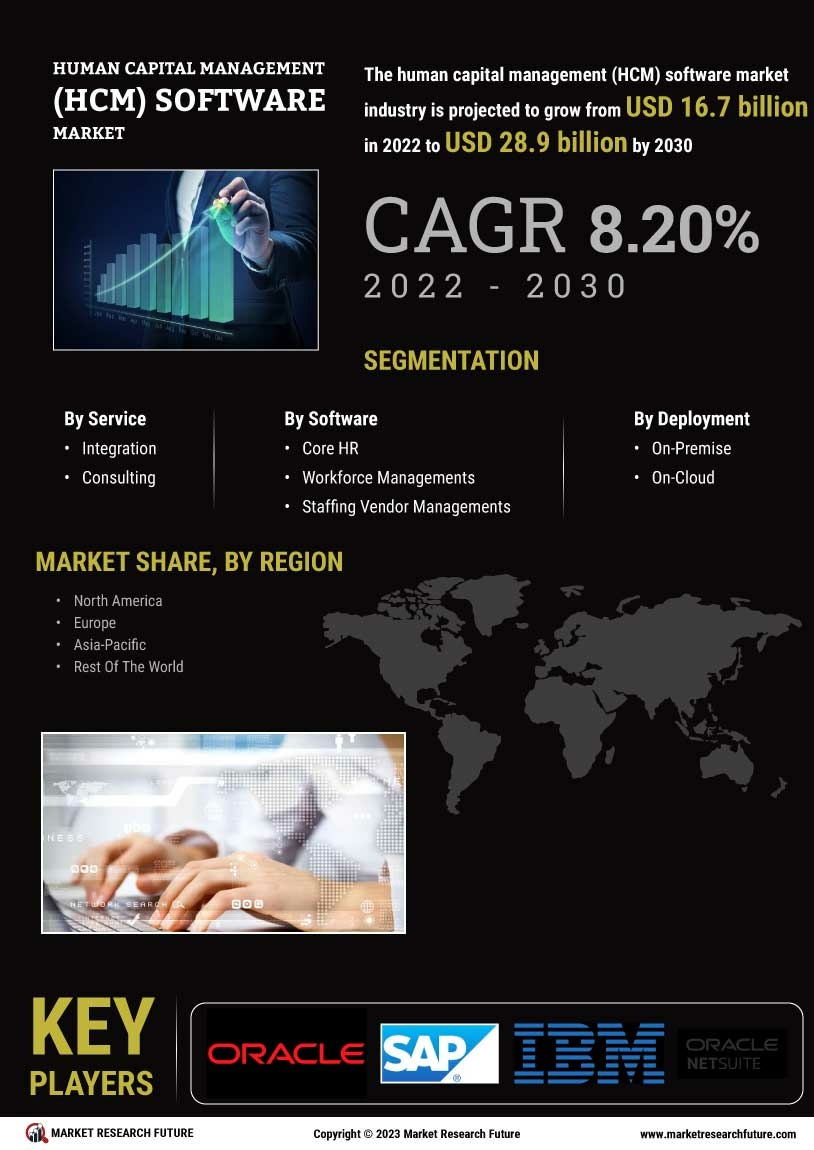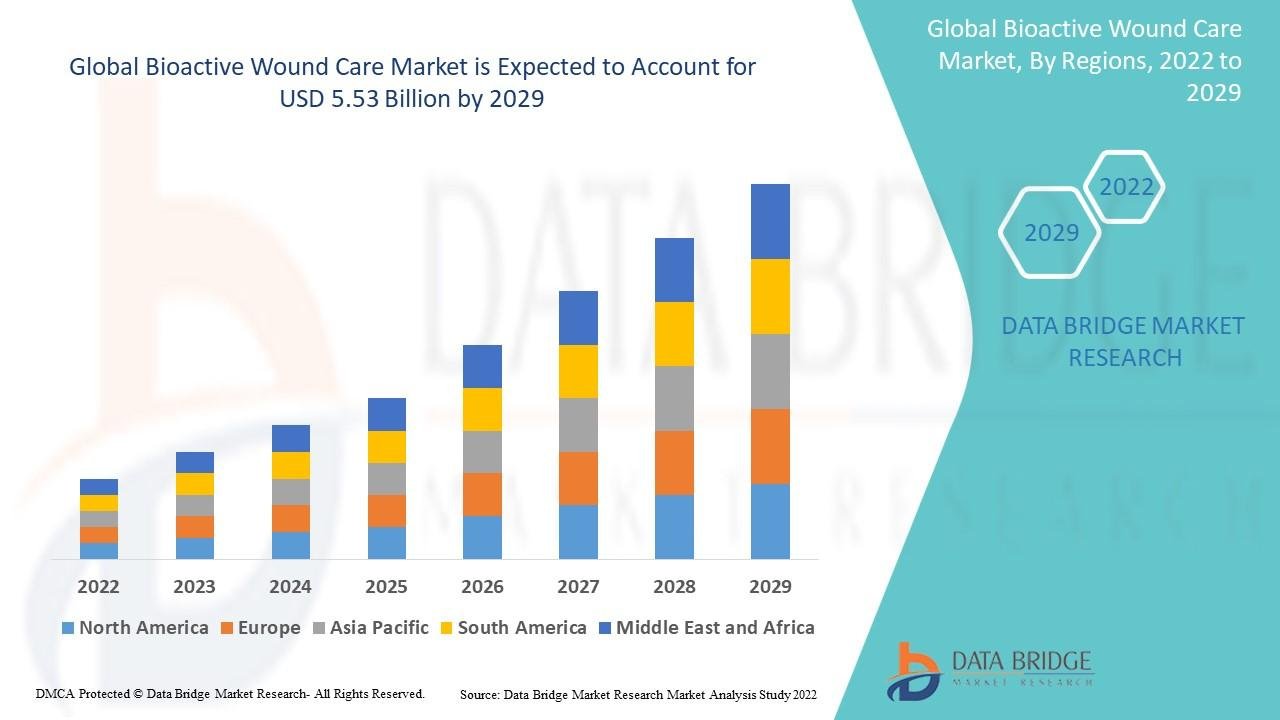0 Comments
0 Shares
830 Views
0 Reviews

Directory
Discover new people, create new connections and make new friends
-
Please log in to like, share and comment!
-
Human Capital Management: Unlocking Organizational Potential
Human Capital Management (HCM) is a strategic approach to managing an organization’s most valuable asset—its people. It encompasses a wide range of practices, including recruitment, onboarding, training, performance management, and employee engagement. The goal of HCM is to optimize workforce productivity, foster a positive work environment, and align employee objectives with organizational goals. Effective HCM ensures that organizations attract, develop, and retain talented individuals capable of driving innovation and growth. By leveraging technology and data analytics, companies can better understand workforce trends, identify skill gaps, and make informed decisions. Ultimately, HCM aims to create a motivated, skilled, and engaged workforce that contributes to sustained business success.
Core Components of Human Capital Management
HCM integrates several critical components that work together to enhance workforce effectiveness. Recruitment and onboarding are the first steps, focusing on attracting and seamlessly integrating new talent. Performance management involves setting clear goals, providing feedback, and evaluating employee contributions regularly. Learning and development ensure continuous skill enhancement aligned with organizational needs. Compensation and benefits provide competitive packages to motivate employees. Employee engagement initiatives foster loyalty and job satisfaction, reducing turnover. Data analytics and HR technology streamline processes, improve decision-making, and personalize employee experiences. These components create a comprehensive framework that supports organizational agility and competitive advantage in a dynamic marketplace.
Benefits of Effective Human Capital Management
Implementing robust HCM practices delivers numerous advantages for organizations. It improves talent acquisition and retention by creating attractive work environments and career development opportunities. Well-managed HCM leads to higher employee engagement, increased productivity, and better overall performance. It also reduces costs associated with turnover and recruitment by fostering loyalty and satisfaction. Additionally, effective HCM supports compliance with labor laws and reduces risk. It enables organizations to adapt swiftly to market changes through workforce agility and strategic planning. Furthermore, data-driven insights from HCM systems facilitate personalized employee experiences and targeted development programs. Overall, investing in HCM creates a resilient, innovative, and competitive organization capable of sustained growth.
Challenges in Human Capital Management
Despite its benefits, HCM faces several challenges that organizations must address. Managing a diverse and global workforce requires understanding different cultural, legal, and economic contexts. Data privacy and security are critical concerns with the increasing reliance on digital HR systems. Resistance to change and employee skepticism can hinder the implementation of new HR technologies and processes. Additionally, aligning HR strategies with overall business objectives demands continuous effort and leadership commitment. Budget constraints and resource allocation may limit the scope of HCM initiatives. Lastly, maintaining employee engagement and adapting to rapid technological advancements require agility and ongoing learning. Overcoming these challenges is vital for maximizing the potential of human capital and ensuring organizational resilience.
Future Trends in Human Capital Management
The future of HCM is poised to be shaped by technological innovations and evolving workforce expectations. Artificial Intelligence (AI) and machine learning will enable more predictive analytics, personalized learning experiences, and automated administrative tasks. Remote work and flexible arrangements will become standard, requiring new strategies for engagement and collaboration. People analytics will play a crucial role in understanding employee behavior and optimizing talent management. Additionally, emphasizing diversity, equity, and inclusion will be central to building innovative and resilient teams. Continuous learning platforms and upskilling initiatives will be vital to keep pace with rapid technological changes. As organizations recognize employees as strategic partners, HCM will become more holistic, focusing on well-being, purpose, and agility to sustain competitive advantage.
Source: https://www.marketresearchfuture.com/reports/human-capital-management-market-2485Human Capital Management: Unlocking Organizational Potential Human Capital Management (HCM) is a strategic approach to managing an organization’s most valuable asset—its people. It encompasses a wide range of practices, including recruitment, onboarding, training, performance management, and employee engagement. The goal of HCM is to optimize workforce productivity, foster a positive work environment, and align employee objectives with organizational goals. Effective HCM ensures that organizations attract, develop, and retain talented individuals capable of driving innovation and growth. By leveraging technology and data analytics, companies can better understand workforce trends, identify skill gaps, and make informed decisions. Ultimately, HCM aims to create a motivated, skilled, and engaged workforce that contributes to sustained business success. Core Components of Human Capital Management HCM integrates several critical components that work together to enhance workforce effectiveness. Recruitment and onboarding are the first steps, focusing on attracting and seamlessly integrating new talent. Performance management involves setting clear goals, providing feedback, and evaluating employee contributions regularly. Learning and development ensure continuous skill enhancement aligned with organizational needs. Compensation and benefits provide competitive packages to motivate employees. Employee engagement initiatives foster loyalty and job satisfaction, reducing turnover. Data analytics and HR technology streamline processes, improve decision-making, and personalize employee experiences. These components create a comprehensive framework that supports organizational agility and competitive advantage in a dynamic marketplace. Benefits of Effective Human Capital Management Implementing robust HCM practices delivers numerous advantages for organizations. It improves talent acquisition and retention by creating attractive work environments and career development opportunities. Well-managed HCM leads to higher employee engagement, increased productivity, and better overall performance. It also reduces costs associated with turnover and recruitment by fostering loyalty and satisfaction. Additionally, effective HCM supports compliance with labor laws and reduces risk. It enables organizations to adapt swiftly to market changes through workforce agility and strategic planning. Furthermore, data-driven insights from HCM systems facilitate personalized employee experiences and targeted development programs. Overall, investing in HCM creates a resilient, innovative, and competitive organization capable of sustained growth. Challenges in Human Capital Management Despite its benefits, HCM faces several challenges that organizations must address. Managing a diverse and global workforce requires understanding different cultural, legal, and economic contexts. Data privacy and security are critical concerns with the increasing reliance on digital HR systems. Resistance to change and employee skepticism can hinder the implementation of new HR technologies and processes. Additionally, aligning HR strategies with overall business objectives demands continuous effort and leadership commitment. Budget constraints and resource allocation may limit the scope of HCM initiatives. Lastly, maintaining employee engagement and adapting to rapid technological advancements require agility and ongoing learning. Overcoming these challenges is vital for maximizing the potential of human capital and ensuring organizational resilience. Future Trends in Human Capital Management The future of HCM is poised to be shaped by technological innovations and evolving workforce expectations. Artificial Intelligence (AI) and machine learning will enable more predictive analytics, personalized learning experiences, and automated administrative tasks. Remote work and flexible arrangements will become standard, requiring new strategies for engagement and collaboration. People analytics will play a crucial role in understanding employee behavior and optimizing talent management. Additionally, emphasizing diversity, equity, and inclusion will be central to building innovative and resilient teams. Continuous learning platforms and upskilling initiatives will be vital to keep pace with rapid technological changes. As organizations recognize employees as strategic partners, HCM will become more holistic, focusing on well-being, purpose, and agility to sustain competitive advantage. Source: https://www.marketresearchfuture.com/reports/human-capital-management-market-2485 WWW.MARKETRESEARCHFUTURE.COMHuman Capital Management Market Size, Global Report - 2035Human Capital Management (HCM) Market Industry is expected to grow from 13.26(USD Billion) in 2024 to 20 (USD Billion) by 20350 Comments 0 Shares 1K Views 0 Reviews1
WWW.MARKETRESEARCHFUTURE.COMHuman Capital Management Market Size, Global Report - 2035Human Capital Management (HCM) Market Industry is expected to grow from 13.26(USD Billion) in 2024 to 20 (USD Billion) by 20350 Comments 0 Shares 1K Views 0 Reviews1
-
0 Comments 0 Shares 815 Views 0 Reviews
-
Bandar Judi RTP Live Slot Maxwin Mudah Menang ZOOM188Bandar Judi RTP Live Slot Maxwin Mudah Menang ZOOM188 ZOOM188 Website Selalu Maxwin Bagi pecinta slot online, kemenangan besar atau yang sering disebut dengan istilah "Maxwin" adalah impian utama. Namun tidak semua situs judi online benar-benar memberikan peluang nyata untuk menang. Banyak yang hanya memberikan harapan palsu dengan sistem permainan yang tidak fair. Di tengah kondisi itu,...0 Comments 0 Shares 3K Views 0 Reviews
-
0 Comments 0 Shares 780 Views 0 Reviews
-
Kumpulan Judi RTP Live Slot Promo Terbesar Tanpa Potongan GUDANGCUANKumpulan Judi RTP Live Slot Promo Terbesar Tanpa Potongan GUDANGCUAN Gudangcuan Situs Judi Slot Terbaru 2025 Memasuki tahun 2025, dunia judi online semakin berkembang pesat dengan berbagai inovasi dan penawaran menarik untuk para pemainnya. Salah satu yang menjadi perbincangan hangat adalah Gudangcuan, yang dikenal sebagai situs judi slot terbaru 2025 dengan berbagai keunggulan yang...0 Comments 0 Shares 3K Views 0 Reviews
-
0 Comments 0 Shares 754 Views 0 Reviews
-
BOLASLOT21 Bandar Judi MPO Slot Pragmatic Nomor 1 IndonesiaBOLASLOT21 Bandar Judi MPO Slot Pragmatic Nomor 1 Indonesia Promo Slot Mingguan Hadir Di Situs Judol BOLASLOT21 Di tengah maraknya situs judi online, memilih platform yang menawarkan keuntungan maksimal tentu menjadi hal penting bagi para pemain slot. BOLASLOT21 hadir sebagai situs slot terpercaya Indonesia yang memberikan banyak kemudahan dan keuntungan bagi semua penggunanya. Promo...0 Comments 0 Shares 3K Views 0 Reviews
-
0 Comments 0 Shares 423 Views 0 Reviews
-
https://www.databridgemarketresearch.com/reports/global-breast-lesion-guidance-systems-marketBreast Lesion Guidance Systems Market – Global Market – Industry Trends and Forecast to 2029 | Data Bridge Market ResearchThe Breast Lesion Guidance Systems market was valued at USD 250.00 Million in 2021 and is expected to reach USD 383.67 Million by 2029, growing at a CAGR of 5.5% (2022-2029). Get insights on trends, segmentation, and key players with Data Bridge Market Research Reports.0 Comments 0 Shares 579 Views 0 Reviews







